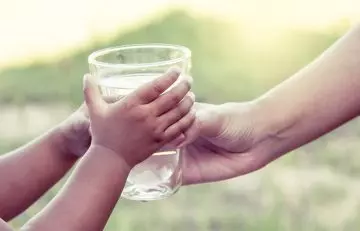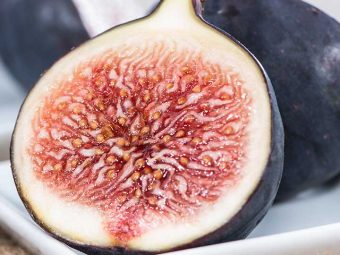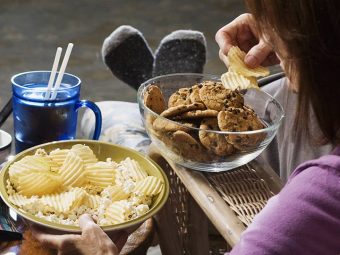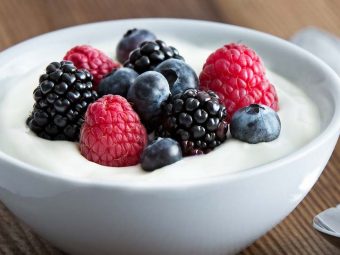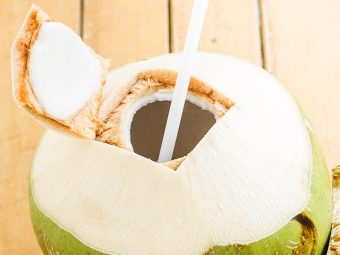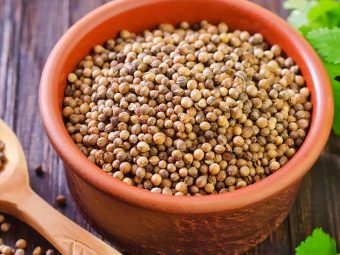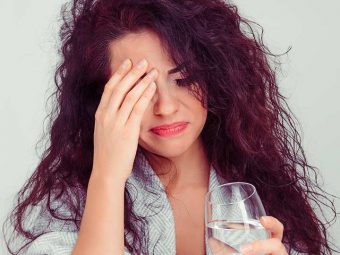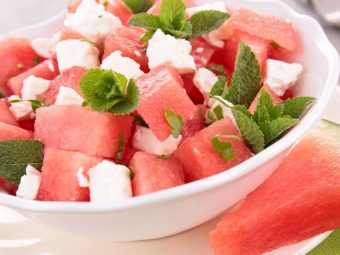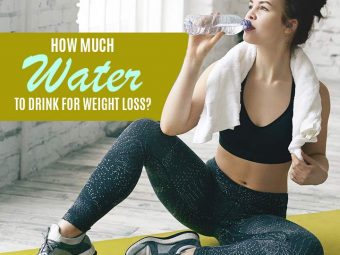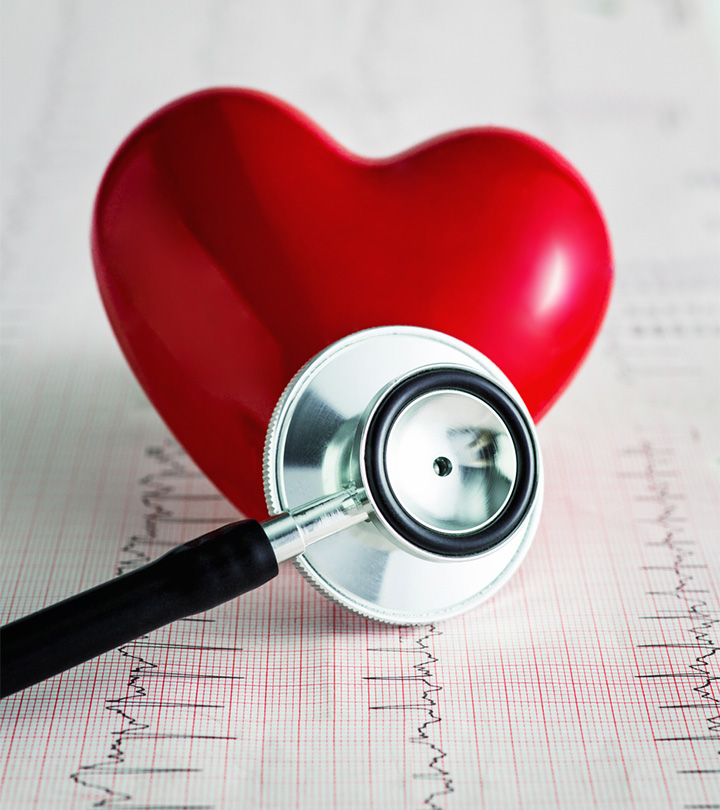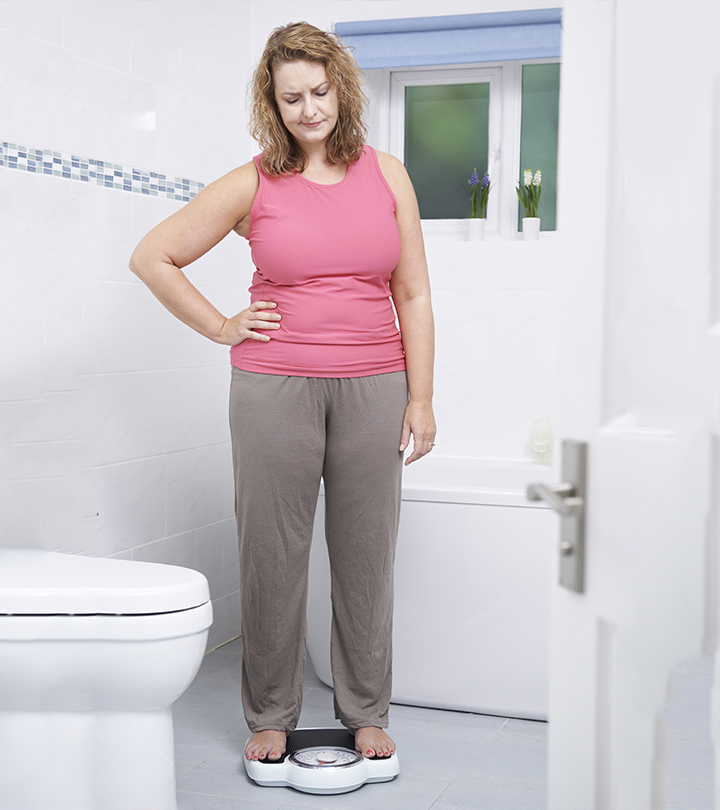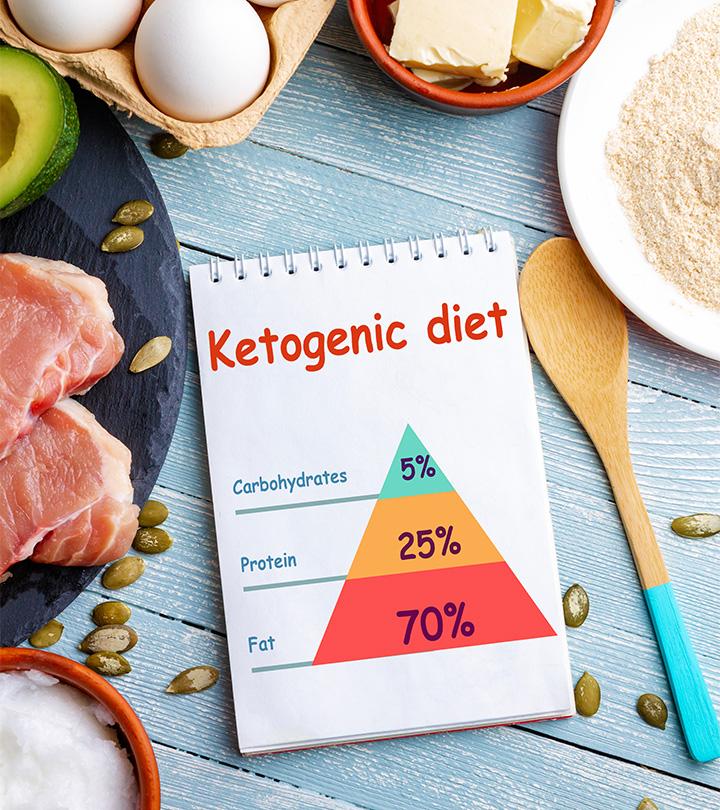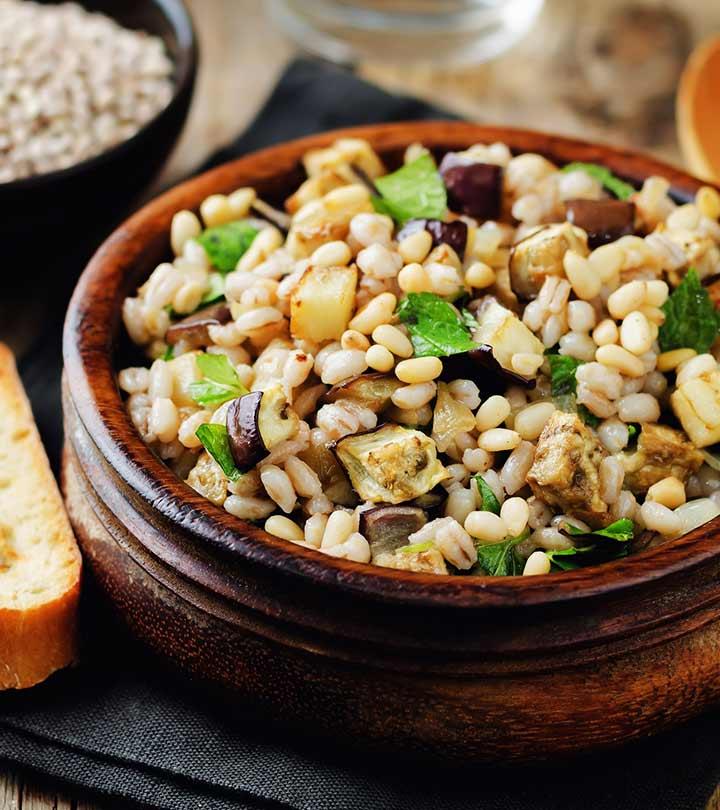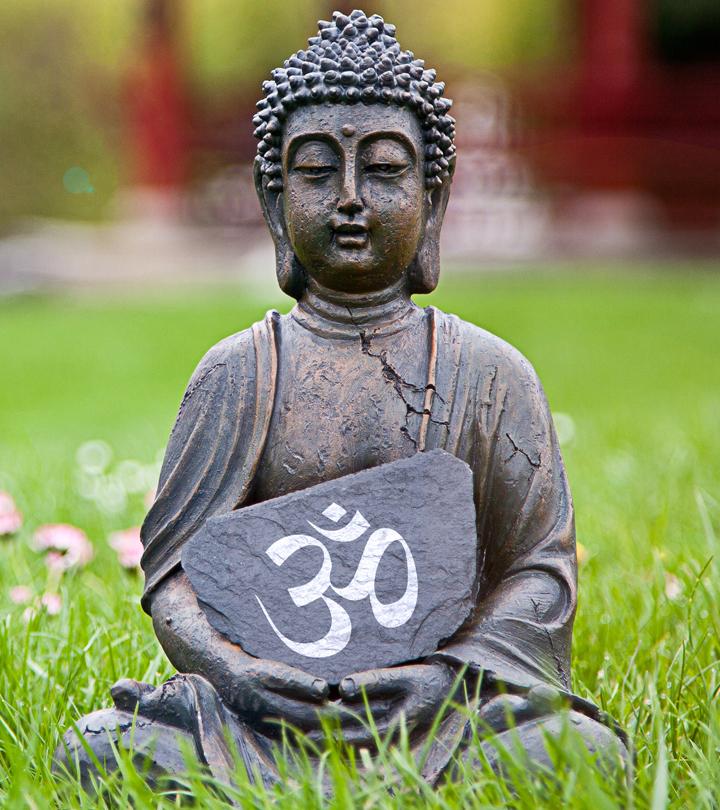Can We Drink Water While We Eat?
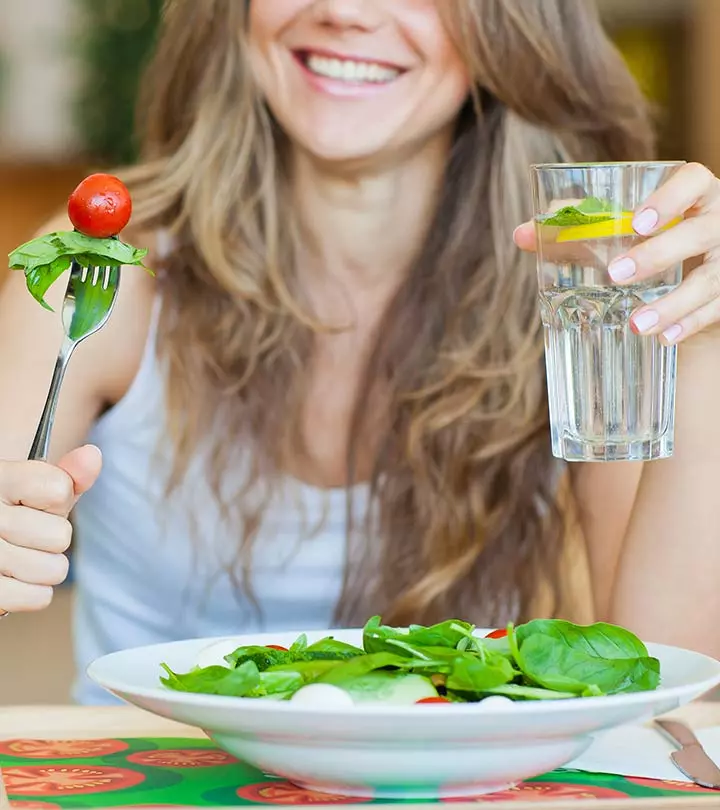
Image: Shutterstock
We all know that two-thirds of our body is made of water. And it’s not rocket science that water is the substance of life. From regulating the body’s hydration level and beating day-time fatigue to its pivotal role in digestion, this colourless liquid actually colours the body’s physiological functions and keeps the ball rolling. Experts suggest that an intake of 3-4 litres of water a day is imperative to keep all the ailments at bay (1). But, when do we consume this quantity of water? Can we drink water with our meals? There are two different schools of thought that debate about whether we should or shouldn’t drink water while eating, and this debate has lasted for a while now. We don’t want to decide for you, so we are just going to lay down some facts, and the ball’s in your court.
Why Is Water Important?
Here’s a fun fact for you: 85% of your brain is made of water (no, we aren’t kidding).
Water is akin to the fuel for your car; without the fuel, you are just a stationary vehicle, waiting at the mercy of time to decay. Have you ever been advised to gulp down bottles of water to get rid of headaches or acne or even constipation? Well, water is a cure in itself. A person whose water intake is at par with the optimal requirement can easily beat headaches, joint pains, fatigue, and much more.
Are you able to read the words spewed on the screen without squinting or losing focus? If you answered in the affirmative, we take that your water intake is good enough. A drop of mere 2% of the water in your body can cause you to acquire a gold fish’s attention span, can make math scare the daylights out of you, and make you feel like an oldie when it comes to reading in print or reading off screens. In other words, an insufficient intake of water can lead to short-term memory, lower cognitive and analytical skills, and difficulty in absorbing in information. We can go on listing why water is important, but that will make us sound like an encyclopedia, so we’ll let you figure the rest out.
Water And Digestion
How often do you mistake your thirst for water as hunger? Next time you are hungry and out of your mind, drink a glass of water; if the hunger still persists, then go for that big burger, else you know that you just misjudged your thirst to be hunger. We often make this mistake and forget to quench our thirst, which, in turn, affects our digestion. The nutrients in the food we consume are broken down and absorbed for the metabolic processes with the aid of water. Once the food is broken down, water begins the commute service for the proteins and carbohydrates and transports it through the body. It also helps in the removal of toxins from the body.
The stomach requires water for two essential tasks— production of hydrochloric acid and mucous from the stomach lining. Without the production of the acid and the mucous lining, the stomach can develop ulcers. Now, that’s why we need to ensure a decent pH level is maintained with adequate water in the body.
The Deal With Acidity
The primary factor that carries out the process of digestion is the acidity of the food due for digestion. While the small intestine needs an alkaline nature, the large intestine requires acidity to carry out its bowel functions. The stomach is always in the need of a certain level of acidity to keep the entire process going. So, what happens if we drink water before a meal? It doesn’t affect the acidity levels in any way. All it does is suppresses your appetite a tad bit. Water doesn’t stay in the stomach for a long time. It doesn’t take much time to leave your body; all it needs is a good 10 minutes, whereas any food requires about 4-5 hours to be digested.
So, if you thought that consuming water before the meal or while eating just pushes the food directly to the large intestine, let’s pop that bubble for you. All that water does is moisten the food and leave the stomach and the digestive tract. It doesn’t fasten the digestion process in any way.
To Drink Or Not To Drink
Maybe the question isn’t about to drink or not to drink; it’s about when to drink. We have friends and family members who cannot finish their meal without frequently sipping some water. And there are some who just drink water after every meal. Drinking water during meals overloads the stomach. The idea is to keep only half the stomach full. Stick to the 30-60 rule. Drink some water thirty minutes before a meal, and then drink some more 60 minutes after a meal. Anything in between isn’t forbidden, but drinking water while eating just makes you feel like you just swallowed the entire city.
But, care should be taken about the temperature of the water or tea you’re drinking with the food. If the food is warm, ensure that the water isn’t extra cold and vice versa. Honestly, what’s most important is to ensure sufficient water intake throughout the day; timing does matter, but it doesn’t ruin your system.
So, we have told you the facts and how your body reacts to water. There is no hard and fast rule here, it’s all about drinking the right amount of water—just don’t gulp down a barrel of it!

